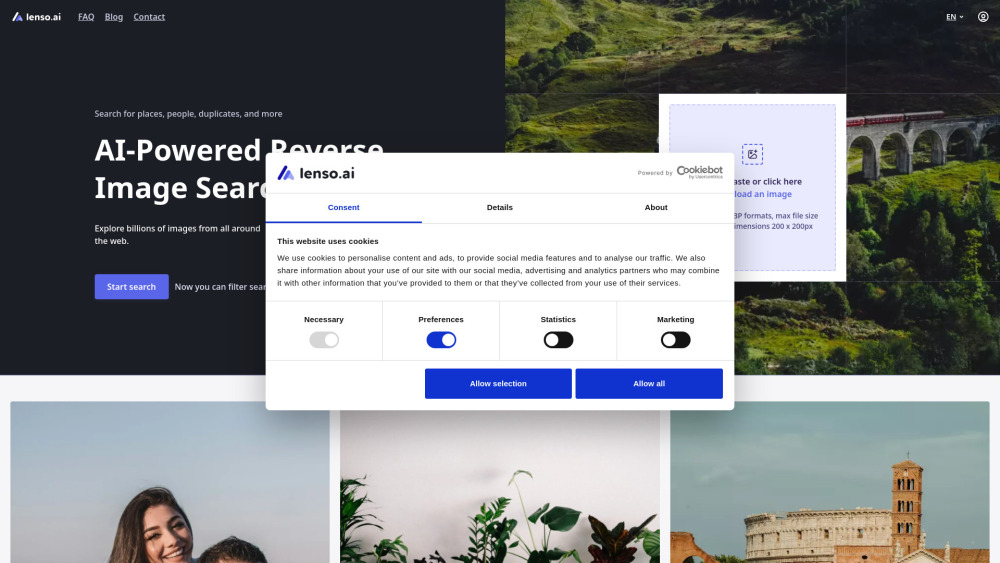Viral Nonconsensual Deepfake Porn of Taylor Swift Sparks Fan Uprising
This week, nonconsensual deepfake porn featuring Taylor Swift gained significant traction on X, with one post amassing over 45 million views, 24,000 reposts, and hundreds of thousands of likes before being taken down. The pop star enjoys one of the largest and most dedicated fanbases in the world, often referred to as Swifties, and they are now mobilizing against this online harassment.
When fans unite, they can achieve remarkable feats, as demonstrated when K-pop enthusiasts reserved numerous tickets to a Donald Trump rally in an effort to sabotage attendance. With the 2024 U.S. presidential election looming, experts have even speculated about the potential influence of Swifties as a voting bloc. However, for now, Swifties are focused on a more pressing issue: minimizing the visibility of nonconsensual deepfakes featuring their idol. Searching for terms like "Taylor Swift AI" or "Taylor Swift deepfake" on X reveals countless posts from fans working to bury these AI-generated images. The trending phrase “PROTECT TAYLOR SWIFT” is now associated with over 36,000 posts.
While passionate, some fandom-driven actions have taken a concerning turn. A faction of fans is advocating for doxxing those who share the deepfakes, raising worries that fighting harassment with harassment could lead to unjust repercussions, particularly when the supposed offenders have common names. With such a vast number of fans involved, it’s likely that not every Swiftie is aligned in their approach—some may be more in tune with the “Reputation” era than others.
Amidst this turmoil, discussions of nonconsensual deepfake porn have come to the forefront. The rise of accessible generative AI tools has facilitated this harassment, prompting a joint statement from the FBI and international law enforcement last year addressing the growing threat of sextortion. Cybersecurity research from Deeptrace indicates that approximately 96% of deepfakes are pornographic, predominantly targeting women.
As noted in the report, “Deepfake pornography is a phenomenon that exclusively targets and harms women.” This issue has even infiltrated schools, where underage girls have faced harassment from classmates through explicit, nonconsensual deepfakes. For many of Taylor Swift's fans, this predicament transcends celebrity; they understand that such attacks can happen to anyone, underscoring the necessity to establish a strong stance against this behavior.
“She is taking the hit for us right now,” stated a TikTok user named LeAnn in a video urging her followers to defend Swift. “In protecting her, you’re also protecting yourself and your daughters.” According to 404 Media, the explicit images reportedly originated from a Telegram group dedicated to generating nonconsensual content using generative AI. The group instructs users on employing Microsoft’s Designer for creating these deepfakes. Despite Microsoft’s policies prohibiting such content, the AI continues to enable its generation, and users have found ways to circumvent basic security measures.
As of now, Microsoft and X have not provided a response to requests for comment regarding the issue.
Meanwhile, legislative efforts are underway to criminalize nonconsensual deepfakes. Virginia has implemented a ban on deepfake revenge porn, and Representative Yvette Clarke (D-NY) has reintroduced the DEEPFAKES Accountability Act, initially proposed in 2019. Although some critics highlight the challenges of regulating the darker aspects of the internet, proponents believe the bill could pave the way for legal protections against these abuses. Swift’s fanbase has also drawn attention to the issues surrounding Ticketmaster, the entertainment giant that owns Live Nation. FTC chair Lina Khan notably remarked that the chaos surrounding ticket purchases for Swift’s Eras tour converted many Gen Z individuals into anti-monopolists.
This incident reflects the broader challenges stemming from the rapid advancement of AI technologies; companies often move too quickly without adequately assessing potential risks. Perhaps Taylor Swift's fans will champion the call for thoughtful regulation of emerging AI products. If it requires a widespread harassment campaign against a celebrity to bring attention to the need for scrutiny around inadequately tested AI models, we may be facing a serious societal issue.






